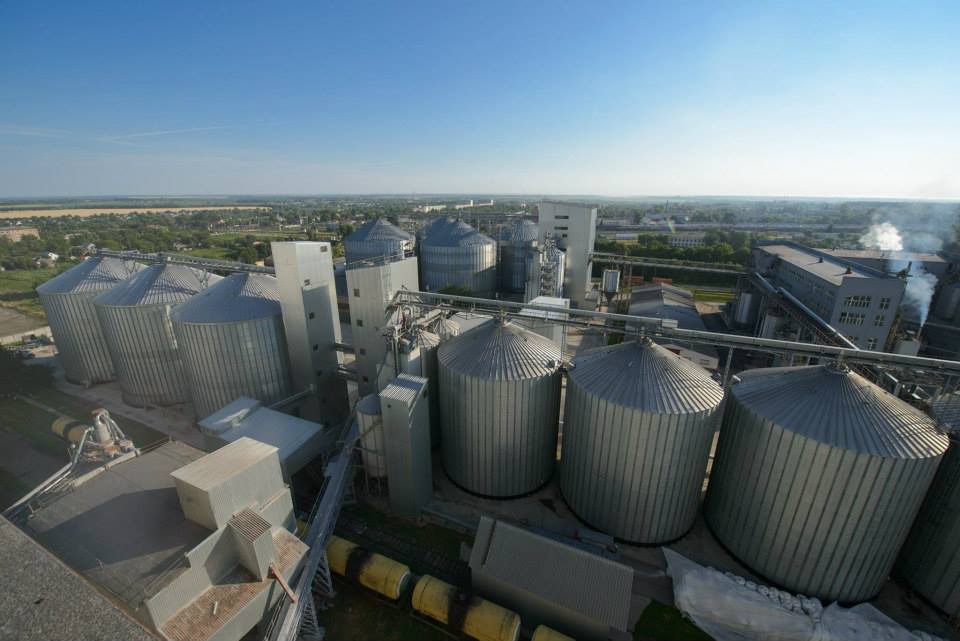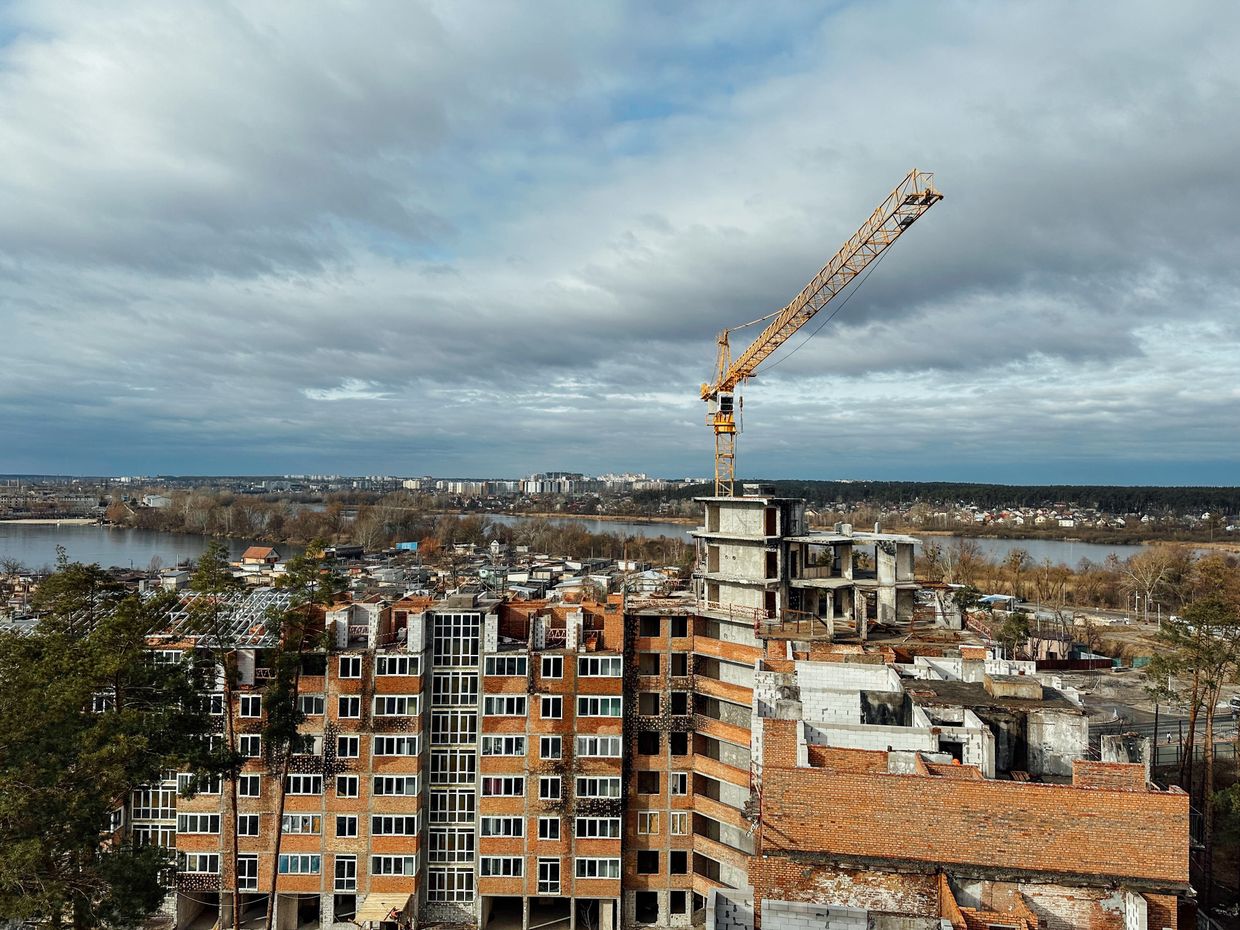American AI company Vantiq launches project to develop smart cities in Ukraine
U.S based tech company Vantiq has donated AI software worth $500,000 to develop smart cities in Ukraine, the company’s Vice President of Partnerships David Sprinzen said at the Mayor's Club Summit in Kyiv on Nov. 8.
“We can help Ukraine tackle the challenges they have right now, and then use the same technology architecture to expand into the redevelopment efforts once the war is over,” Sprinzen told the Kyiv Independent on the sidelines of the summit.
A smart city uses technology and data to improve the running of a city and the quality of life for its residents. Smart city technology can range from early detection of natural disasters like tsunamis or wildfires, to alerting when buildings and infrastructure require maintenance.
Vantiq uses AI and generative AI software to quickly analyze and form solutions based on data collected by cameras, satellite imagery, social media, roadway monitoring systems, and drones: essentially anything connected to the internet.
The company is already active in several cities, including an experimental project in the U.S. that detects car crashes and automatically calls emergency responders.
The Ukraine project is in partnership with the Ukrainian trade development group Economy of Trust (EoT), and the NGO Mayor’s Club.
The memorandum of understanding lays out a smart system for over 100 industrial parks across Ukraine, impacting the lives of 2.5 million citizens, and helping create “hyper-modern” cities, Sprinzen said.
Vantiq, which has partnered with tech giants like Nvidia and Hewlett-Packard, wants to encourage other U.S. tech companies to enter Ukraine to support the business community and help with its recovery.
The company’s CEO and David’s father, Marty Sprinzen, says Ukraine’s leaders can use the software to make decisions in enhancing sustainable development and attracting foreign investment.
“This project will streamline data collection, optimize resource allocation, and provide real-time management of economic activities,” he said in a press release.
While working in a country at war is a new field for the company, Vantiq is active in natural disaster zones, like Japan, where its technology can help form the best evacuation route for a city.
In Ukraine, David Sprinzen sees an opportunity for the tech company to improve communications with citizens during the war, pointing out issues such as siren fatigue wherein citizens no longer react to the endless air raid alerts.
“We need to think of more intelligent ways in which we can communicate with citizens when there is a problem that requires them to take action. Whether that's a situation where they really need to go to the bunker or we see the movement of troops that means we need to evacuate,” he said.
Ukraine will need $486 billion for reconstruction and recovery, according to the last UN, World Bank, European Commission, and government estimate in February. While reconstruction has not yet taken off, the government plans to rebuild damaged towns and cities in a more efficient and environmental way to move away from the Soviet legacy.
Sensor and computer technology has developed rapidly in the last five years which means high-tech infrastructure and its corresponding software can be scaled at a much cheaper cost. This will help Ukraine’s cities “leapfrog” the post-war recovery stage to become modern and digital, Sprinzen said.
Post-war, the technology can help authorities better understand how the city operates and what work needs to be done, Sprinzen said. For example, it can monitor city infrastructure, like pipelines and water utilities, to detect damage and operate more efficiently.
Every city is different, Sprinzen notes, but Vantiq can curate custom analysis using previous protocols and policies to provide specific solutions that will save time and cut down on resources.
The project will also bolster transparency as the more data people can access, the more they can see what is happening with their own eyes without having to rely solely on someone’s word. This will help usher in more foreign investors who have been hesitant due to corruption concerns, Sprinzen claims.
“If you're a foreign investor building a factory in Ukraine, you don't have to send people to see the factory under development. You can actually use technology to look at the real-time status of what's in the development phase,” he explained.
“Trust with the communities that are interested in developing projects using AI becomes really key to the strategy of how businesses are going to start looking at Ukraine,” he added.













